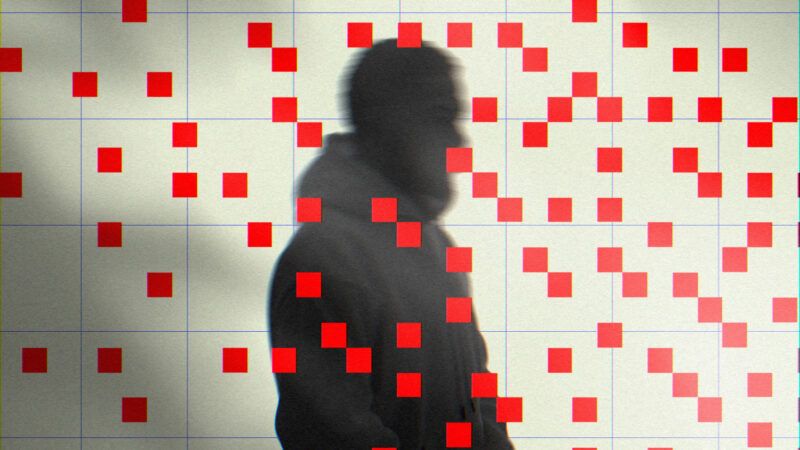Faulty Facial Recognition Tech Got Him Arrested. Now He's Getting a $300,000 Payout.
Robert Williams was arrested in 2020 after facial recognition software incorrectly identified him as the person responsible for a Detroit-area shoplifting incident.

In 2020, Robert Williams was wrongfully arrested after facial recognition software incorrectly identified him as the person responsible for a 2018 shoplifting spree. Detroit, Michigan, police jailed Williams for more than 30 hours—even after it became clear that he was not responsible for the crime.
Williams ultimately sued. Last month, the case was settled, with Williams set to receive a $300,000 payout for his wrongful arrest.
According to an amended complaint filed last year, the Detroit Police Department's decision to seek an arrest warrant for Williams was primarily based upon the results of an inquiry using facial recognition technology.
The complaint argues that officers should have known immediately that the results of the facial recognition software would be unreliable. "The surveillance footage is poorly lit, the shoplifter's hat is obscuring his face, and the shoplifter never looked directly into the camera," the complaint states. "It is well documented that facial recognition technology is flawed and unreliable under the best of circumstances. That, in part, is why many jurisdictions ban its use." The suit added that facial recognition technology is "especially unreliable when attempting to identify Black people," which may have led to Williams, who is black, being misidentified.
Despite these flaws, Detective Donald Bussa, who conducted the investigation, relied almost exclusively on the facial recognition software, not even looking into Williams' whereabouts at the time of the crime (Williams had been driving home from work outside Detroit) or interviewing employees who were working at the store during the incident.
Instead, Bussa took a shockingly shoddy step to confirm Williams' responsibility. Bussa "prepared a six-person photo array with Mr. Williams's then-current driver's license photo and five other photos," and then showed the lineup to a "security consultant representing [the store] who was not even present in the store on the day of the crime, and who had only watched the same grainy surveillance video that was already in Defendant Bussa's possession." When the employee incorrectly identified Williams as the culprit, Bussa prepared a warrant for his arrest.
After Williams was arrested, the complaint states, he was held for hours before being interviewed by the police. Once he was interviewed, the case against him quickly unraveled. When officers showed Williams a photo from the store surveillance footage, Williams held it next to his face and said, "That's not me at all. Y'all can't tell that?"
Even after police realized they had the wrong person, Williams still wasn't released for another eight hours. It took nearly two weeks for the charges against him to be dropped.
Williams filed a lawsuit against Detroit police in 2020. Last month, the case was settled, with Williams receiving a $300,000 payout, according to the Associated Press. As part of the settlement, the Detroit Police Department also agreed to conduct an audit of all cases "in which facial recognition technology was utilized to generate an investigative lead that was followed by an arrest or the issuance of an arrest warrant."
"We are extremely excited that going forward there will be more safeguards on the use of this technology with our hope being to live in a better world because of it," Williams told journalists last month. "Even though what we would like for them to do is not use it at all."


Show Comments (18)